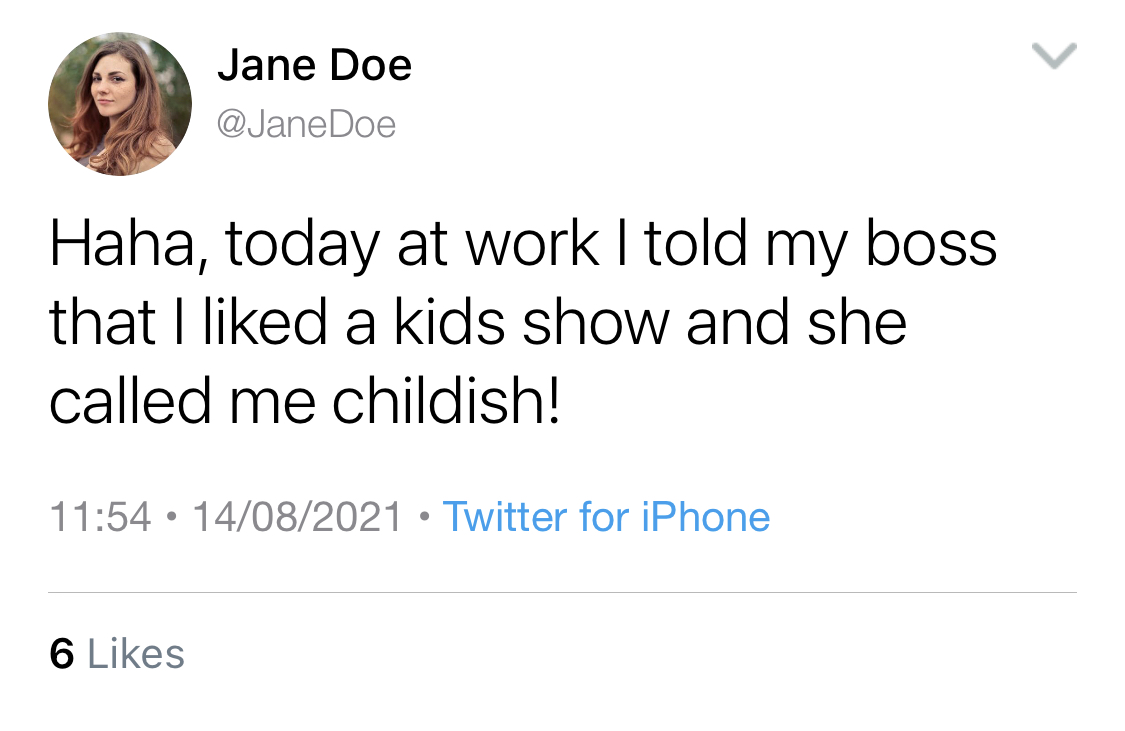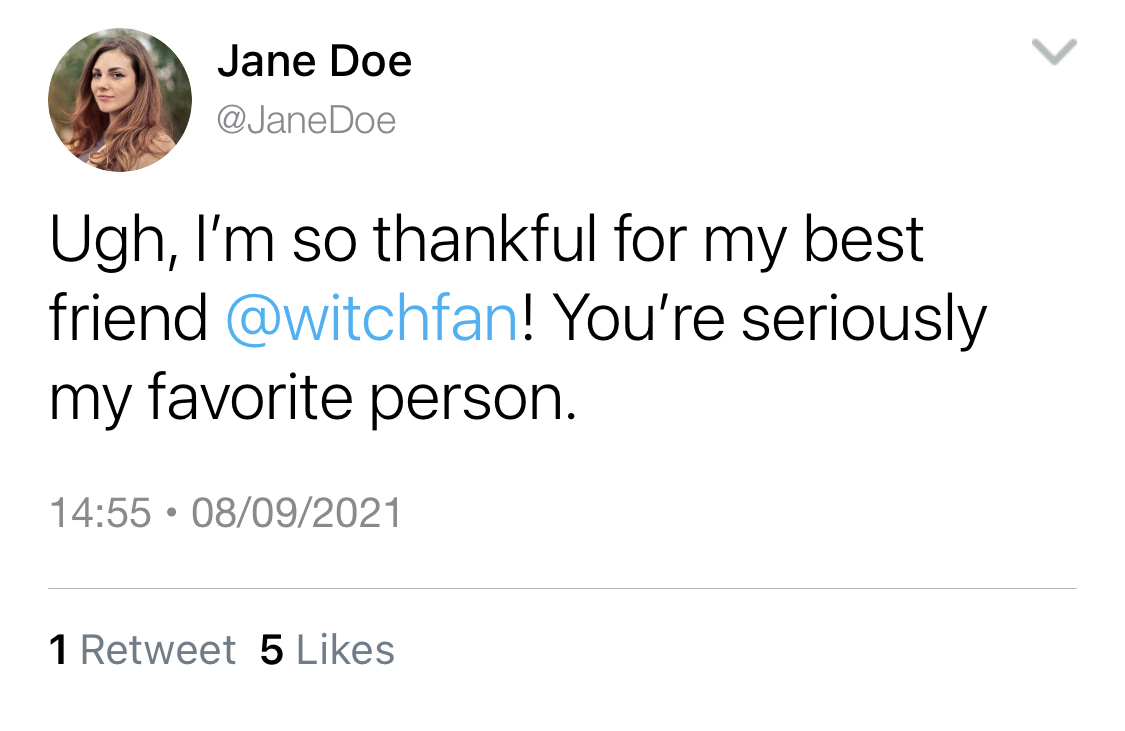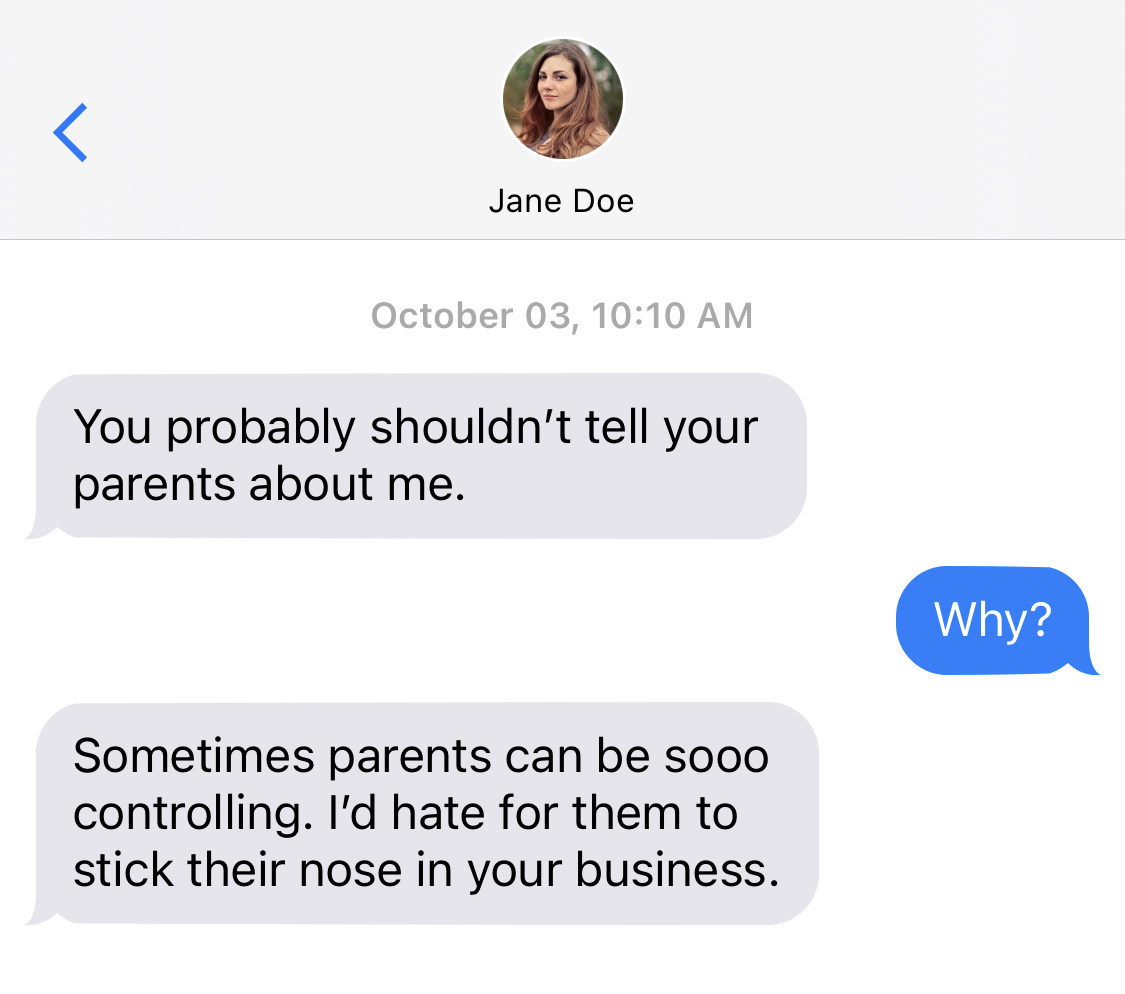
Devin Vargas didn’t think there was anything to worry about when interacting with people online.
Vargas, like many teenagers, had heard it all before in school assemblies, from parents, or in lectures from people older than them. For many children growing up in a digital age, online safety is something hammered into them from a young age.
However, when Vargas was old enough to be in online spaces, things were different than expected.
“You’re told in school that predators are going to look a very specific kind of way. They’re going to come and ask for your personal information, but you don’t really expect they’re going to come to you under the guise of friendship,” Vargas said.
On social media accounts, Vargas could find people to connect with in ways that felt more authentic than most real-life friendships. Vargas had friends at school, but online friends were different. These friends shared interests and wanted to talk all the time. It didn’t hurt that interacting online helped Vargas feel more confident and free to be themselves.
Before long, Vargas had a large circle of online friends who shared interests in music, movies and television. Those friends varied in gender, location and sometimes age.
One of the people Vargas interacted with online was an older user who occupied the same internet spaces. This person was in their 20s, but still consumed almost the same content as Vargas.
Online, Vargas was used to getting messages often with compliments or conversations. When Vargas messaged this person, he would reply with obscene images. At only 16, Vargas was confused why this had happened. The man messaging Vargas said it had been his roommate playing a joke.
So, naively, Vargas believed the person. Until it happened again. And another time after that.
At that point, Vargas realized it was time to block this individual, but even after doing so, the damage was done.
In online spaces, people like the person Vargas interacted with are often hiding online.In a digital age, many children and teenagers have constant internet access. Being online may make them vulnerable to predators, and parents can learn how to stop it.
The numbers
According to a Rape, Abuse & Incest National Network study conducted on child sexual abuse, one in nine girls and one in 53 boys under the age of 18 have experienced sexual abuse or assault at the hands of an adult. These statistics indicate thousands of children are entering adulthood with sexual abuse in their past.
The effects can be life-changing for many kids. The Rape, Abuse & Incest National Network study reported sexual abuse in childhood makes victims more likely to develop drug problems, PTSD and depression as they reach adulthood.
Adrianne Simeone, executive director of The Mama Bear Effect, said most parents just aren’t aware of the intricacies predators can use online. Her nonprofit exists to spread information that can help parents and children prevent sexual abuse.
“We grew up with AOL Instant Messenger and we’ve had Facebook for 10 years so we think we know what’s going on. We shouldn’t be this naive, but we are,” Simeone said.
Simeone explained the subtle nature of online predators can be so complex; a large number of parents have never learned how to deal with it. Parents who encourage kids to use electronics and play games online as a way to entertain or distract them may not realize that puts them at risk for encountering predators if they don’t know what to look for.
Quinn LaViolette, a 22-year-old from Worcester, Massachusetts, told The Daily Universe that as a teenager, she experienced an online friendship with a man in his twenties after becoming a fan of his band.
At the time, she was a cheerleader with plenty of friends. However, she also recalled her internet access was not regulated at all, with her parents not seeing a need to check her internet history. This led to frequent messages with an older man online that she saw as a close friendship.
For LaViolette, the conversations at the time felt platonic in nature. Looking back, she realizes now there were many times when the messages were suggestive. She also said she didn’t see anything wrong with the age gap in their friendship.
“At the time, I thought nothing of it, I just thought it was cool that a member of my favorite band wanted to interact with me and did interact with me so casually,” LaViolette said.
However, conversations can quickly evolve from discussions about music and movies to discussions about personal lives. With that can come venting about school, family and mental health. Before long, some relationships may become emotionally intimate.
Beyond just emotional connections, some predators will ask to meet up in real life. During their friendship, which continued until LaViolette was a freshman in college, the band member gave LaViolette his personal phone number. He even asked her to meet up with him in Boston, which she said never worked out.
Red flags of a predator
The red flags of predators can be complicated to spot. According to Simeone, the subtlety of these behaviors can be so hard to notice that it takes constant vigilance to catch. However, there are still signs that can be monitored by parents and children when online.
Fight the New Drug is a non-religious and non-legislative organization that provides individuals the opportunity to make an informed decision regarding pornography by raising awareness on its harmful effects using science, facts and personal accounts. According to its research, there are a few things to look out for:
First are flattering comments and behavior. According to Fight the New Drug, this is used to help gain the trust of victims and make them feel important.
Simeone recommended parents teach their children to be reflective about the compliments they receive, who they come from and what the motivations behind them might be.
LaViolette said once she connected with the older man on social media, he would frequently reply to her tweets as well as compliment her on photos of herself. At the time it felt good, but looking back, she realizes it was a major red flag.
Fight the New Drug also points out secret conversations are a way predators learn to keep their victims quiet about what’s going on. Online conversations are often kept away from parents, and children and teens are unlikely to tell their parents about older online friends.
Fight the New Drug also states isolation is a tool many predators use to control victims. Many predators want to take up as much space as possible in a child’s life, resulting in the child becoming detached from friends and family.
Source: The Mama Bear Effect and Fight the New Drug
“The children who are the most vulnerable are children who don’t feel like they have close connections with physical friends and their families. If they don’t feel like they are loved and don’t have anyone to talk to, internet predators can use that as a lure,” Simeone said.
Eventually, predators will use tactics to steer conversations toward sex, according to the Child Crime Prevention & Safety Center.
Some of the red flags, according to the center’s website, are when children tend to become very obsessive and secretive about their internet habits. These include spending large amounts of time online, becoming secretive about their online conduct, switching screens, closing tabs or windows whenever a parent is close, using sexual language they would not be expected to know and becoming emotionally volatile.
These signs may go under the radar when parents are unaware of the tactics and behavior of online predators.
Do’s and don’ts for parents
Talking to children and creating a healthy relationship surrounding internet use is an important aspect of protecting them from abuse.
According to Fight the New Drug, one of the most important ways to cultivate a safe environment is to avoid shame and learn to believe children when they come forward and talk about abuse. Many victims may avoid speaking up about what has happened to them out of fear of punishment. It advises that parents should learn to create an environment where children can report their abuse without fearing the reaction of the adults in their life.
Simeone also mentioned it is important to show children real examples of abuse and to help them identify ways to avoid it happening to them. Making up stories or cautionary tales to teach children is not usually effective, but helping them understand what happens in the real world can be beneficial, she said.
Another recommendation Simeone had was to utilize parental controls as well as limit the amount of time a child spends online. Many devices have features where parents can limit the amount of screen time a child has on a certain device, as well as set schedules that block access to applications after a certain time.

Being online is not a risk-free activity, no matter what restrictions are placed upon children and teens, according to Simeone.
“It’s important that, as parents, we understand that there is a risk in allowing our child to be on social media. We should be under the assumption they are going to be exposed to something, and we can use that as a learning tool to talk about it,” Simeone said.












